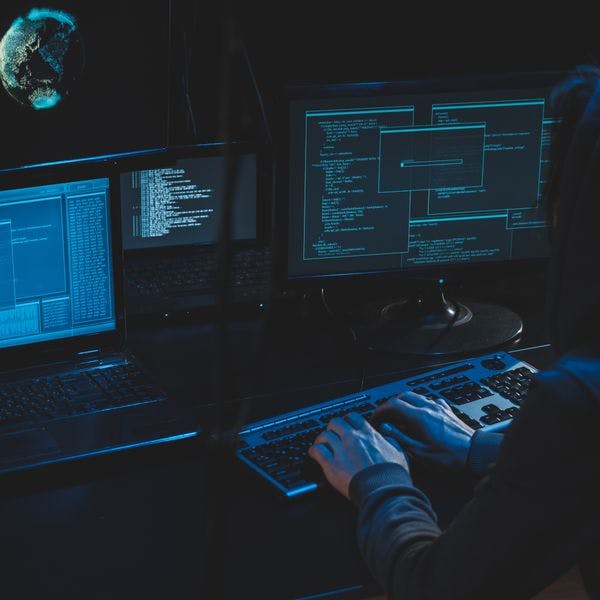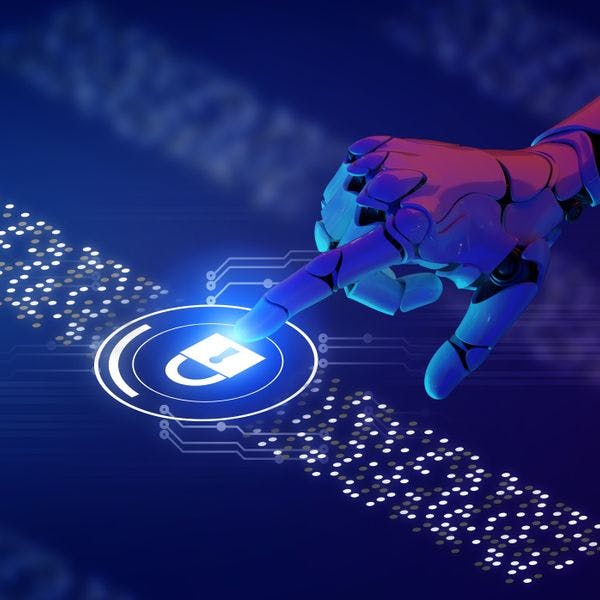Written by
Team Nucleus
Content
Written on
7th October, 2020
SHARE ARTICLE
Since the arrest of high-profile anonymous members in the early 201s, online activism diminished somewhat. But “hacktivism” is back with a shiny new look, and Gen Z are enlisting into the movement thanks in part to the popularity of Korean pop music.
WHAT IS K-POP?
K-pop, or Korean Pop, is a music genre originating in Korea which has gained global popularity in recent years. By adopting elements of western music genres like hip hop and grunge and adding their own futuristic stamp to western fashions, K-pop artists appeal not only to Korean youth but have built a huge following among Gen Z in the US and Europe too. Their fans are known as K-pop stans.
THE NEW GENERATION OF HACKTIVISTS
K-pop artists are not unique in using their huge platforms to campaign for political or social issues they feel strongly about – celebrities and musicians have been doing this for generations. But what sets K-pop apart as a genre is the unique way their fans – from diverse backgrounds, cultures and races – are mobilising online.
From hijacking viral hashtags and donating to Black Lives Matter campaigns en-masse, to booking free tickets to Trump’s campaign rallies and leaving seats empty by the thousands, the power of K-pop fans’ “hacktivism” has become a hot topic of media conversation in recent months.
K-pop fans are exerting their techno-political influence in two ways:
- By sabotaging, disrupting or manipulating open-source information (available information that is readily available on the internet) via rick-rolling, hashtag manipulation, fan-camming and other means.
- By damaging the integrity and trust of the open-source information delivery mechanism by flooding portals with information and causing them to crash.
All of this has been made possible through the decentralisation of media.
GEN Z AND THE DECENTRALISATION OF MEDIA
It used to be that everyone would get their information from broadsheets, TV channels and radio. But the younger generations increasingly get their news primarily through social media.
On the one hand this has allowed fake news to proliferate and views to polarise as social media algorithms create echo-chambers of likeminded individuals. On the other, it means that the narrative is no longer owned by journalists and reporters. Whether it’s live-streaming the BLM protests or compiling information in real-time through hashtags, anyone with a smartphone and a social media account can take part.
But it does mean there is more potential for disruption. Anybody who is technically savvy enough to manipulate the algorithms that place news in front of people can by extension disrupt or influence the media sources themselves.
K-pop artists who have built themselves up as influencers have built a huge following of likeminded individuals from across the globe who are more than willing to take part in hacktivism whenever they are called upon. How much power do media outlets like Twitter have to stop coordinated attacks by K-pop fans?
HOW CAN ORGANISATIONS MITIGATE THE THREAT POTENTIAL?
It’s a naïve assumption that organisations can completely protect themselves against this kind of activism online. Most organisations use unrestricted or semi-restricted information sources – from the police and lawful enforcement agencies to individuals and groups for political movements. In fact, commercial organisations use the same tools and channels as activists when trying to promote their own commercial ends – the only difference is the motive and the desired outcome.
The only thing that could protect against this activity is strategic, high-level government decisions – policy, legislation and auditing checks and balances. But this enters the dangerous area of censorship of the press. Have we reached the tipping point where the internet is so full of half-truths that we need to take another step?
In part, it is likely that solutions will be found through analysis and AI coming from the private sector. They who understand the world and understand how people are getting and digesting data are the ones who are going to win.
Our CTO, Martin Rudd recently shared his views in an article looking at the cyber power and influence K-pop stans currently hold.




